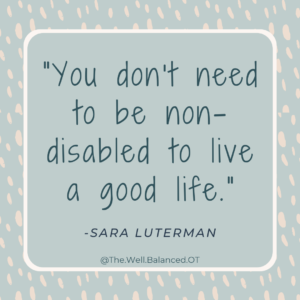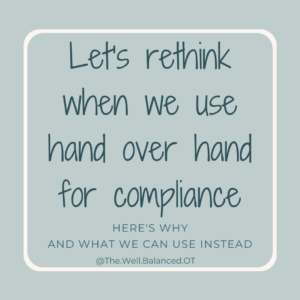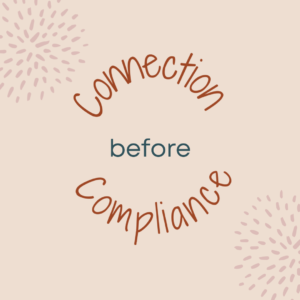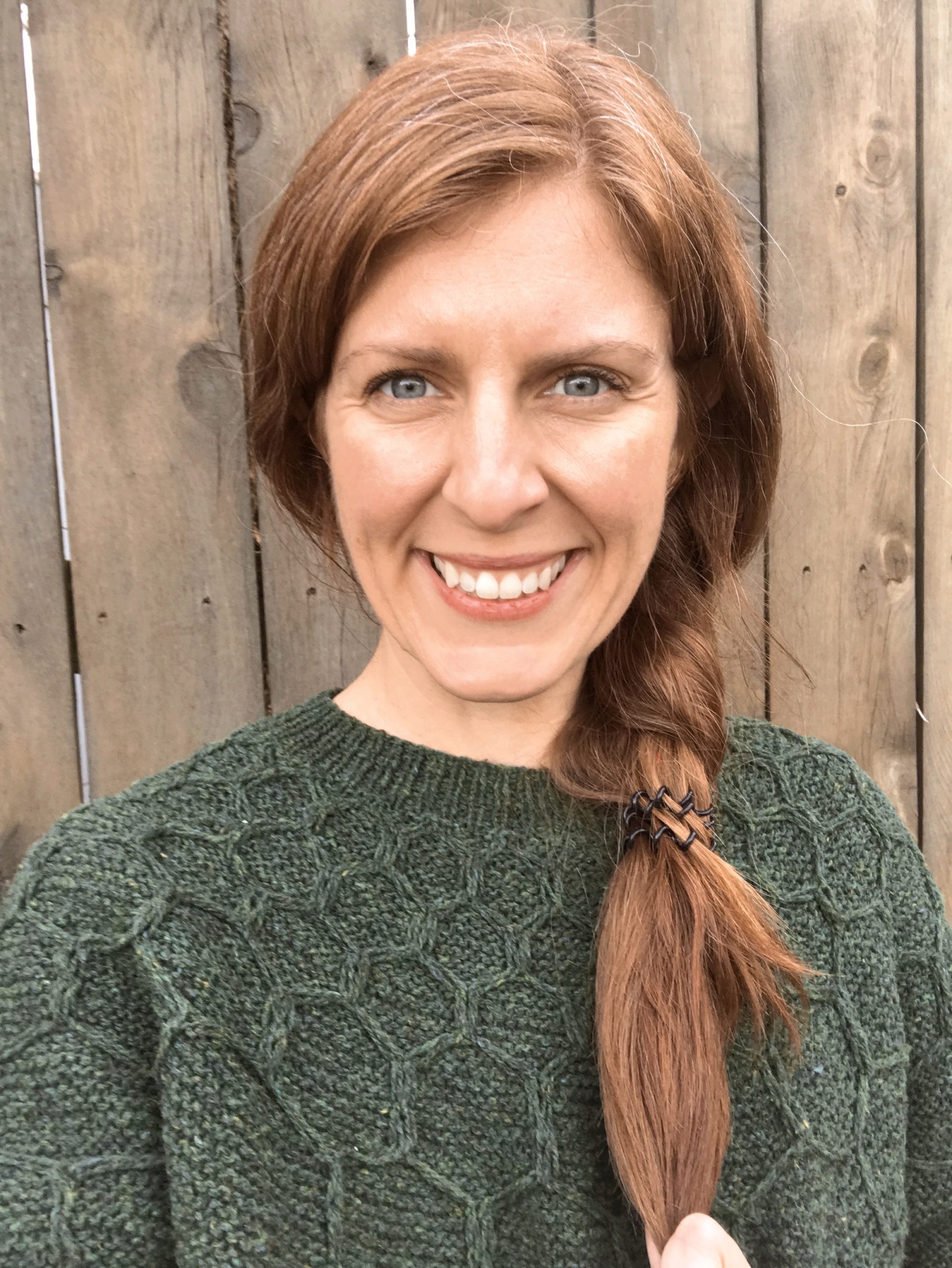A disability can define who we are, especially when it comes to Autism. But those defining qualities do not necessarily impact how good of a life they live. NPR did an interview yesterday with a panel (including Neurotribes author Steve Silberman, author Eric Garcia of an upcoming book “We’re Not Broken; Changing the Autism Conversation” and Sara Lutherman) all about Autism Acceptance vs. Awareness. There were lots of good moments, but this quote stood out:
“You don’t need to be non-disabled to live a good life”
Sara Luterman, NPR broadcast
Disability does not mean dissatisfaction. This applies to everything, not just Autism. But for the purpose of this article, we will focus on that. For so many of us who work directly with the families of children who often have recently received a diagnosis, you know how scary it can be for a parent. They start spiraling into a Google hole, afraid of losing grasp of all their hopes and dreams for their children. “Will they get married?” “Will they have a job?” But they often forget the biggest questions: Will they be happy? Will they be satisfied?
In my opinion, as OT’s it’s our job to help reframe this negative way of thinking. Autistic people can lead lives that are just as fulfilling and functional as non-autistics. Their brain processes things differently than someone who doesn’t have autism but that doesn’t necessarily mean they are at a disadvantage. Learning how to support these individuals by adapting our way of thinking, listening to their voices, AND providing resources to allow for easy access to their environment will lead to greater moments of success and happiness.
How can we help foster this perspective?
- Listen to the parents concerns
- When they are ready, share book recommendations. (I’m currently reading NeuroTribes and Uniquely Human
- Share Autistic resources and support groups (ASAN)
- Parents so often only hear about the limitations, but there are so many positives that can be shared as well!
- Help support the parents build a relationship based around the childs interests.
- Teach the parents how to advocate for their children.
- Stress the importance of finding peer groups with similar interests
Autistic people can lead very full lives. Individuals with other disabilities can lead very full, happy, and rewarding lives. Parents might have hopes and dreams for their children, but it doesn’t mean your child is going to have the same hopes and dreams, regardless of neurodivergency.
And remember, you don’t need to be non-disabled to live a good life.









